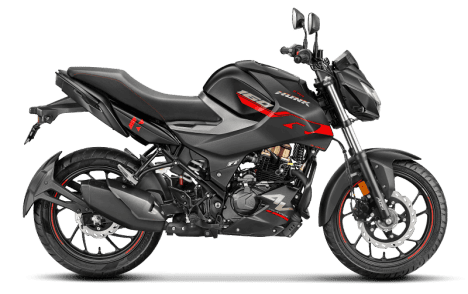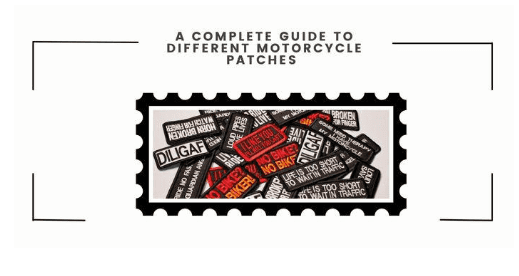Recreational Vehicles (RV) are great for long road trips and camping, and almost anyone with camping experience would recommend owning one. As you plan to buy your first RV, the following are eight things you need to know about RV ownership.
1. RVs Are Not Cheap
RVs can be expensive, especially if you are still new and contemplating whether to buy or rent one. If you are not careful enough, you may incur many extra fees. Also, many expenses come with maintenance costs like repairs, servicing, and replacement of damaged or broken parts. Know what you are paying for when buying your RV, so you know the actual prices from the beginning.
2. There Are Different Types of RVs
There are many types of RVs, and you need to decide which one is best for you. For a beginner, it is best to buy a truck camper; it is very easy to drive and can accommodate a small family. For example, you might check out a few RVs from RV dealers in Wisconsin to get a good deal. The most common RV types are motor homes, pop-up campers, travel trailers, and fifth wheels.
3. Select the Right Size
Select the right RV size that can fit your family. Typically, the price of an RV varies based on its size. Do not buy a gigantic RV unless you have a big family or prefer camping as a group. Choose a size that won’t be too tight or too big for your needs.
It should be proportional to the number of people you expect to bring during a trip. If you have a family, or five or less, consider purchasing a Class B motorhome or get a 25-foot travel trailer. A smaller 18-foot travel trailer will be perfect if you are just a couple.
Read More
How Electric Vehicles Are Revolutionising The Transportation Sector
4. Prepare Your Finances
It would help if you prepared your finances for this investment. While an RV is affordable, maintenance is expensive, especially if you want it to last. Figure out how much you will spend on RV maintenance and repairs, including weekly service and repairs. Make sure you can afford it before buying. Also, find recommended dealers and verify if they offer maintenance and repair services; if possible, strike a good bargain for your future benefit.
5. Make Sure Your RV Will Last
There are different types of RVs. Some are built with better materials, and some have weak parts that require regular maintenance. It should also be from a reputable brand; even if it may cost you a little more, it’s worth the purchase. Research the different RV brands to find one that is well-made, built with good materials, assembled properly and will last long. Good RVs have the best features and are built with the best material.
6. Get RV Accessories
Good accessories are important for a great RV experience. You can customize your RV and install necessary accessories like water storage, kitchen and bathroom facilities, and everything you need for the bedroom. If you plan to tour with your pet, consider getting accessories that will ensure a safe and fun RV experience for your furry friend.
7. Get Proper Insurance
Before buying an RV, ensure you have the proper insurance. Look for the best RV insurance and one that will cover any damages and injuries. Also, the insurance should cover repair and maintenance costs and theft. If possible, insure your RV against natural disasters. Before you settle for a specific insurance company, ensure it charges fair rates.
8. Practice RV Management
RV management is important so you can get great value from your investment. Preparing your RV for the road is a crucial part of RV management, and you’ll have to take care of it to prolong its life and get value for your money. RVs require regular maintenance, such as pumping out, a tire check, and checking the front nose for any damages. Always use the right fluids, motor oil, and brake fluid. Otherwise, you may need to replace your RV’s parts sooner.
The National Highway Traffic Safety Administration (NHTSA) requires all new RVs, regardless of age, to have the FMVSS certification. It will prove that the RV you are buying is safe and is built according to the proper specifications.
Bottom Line
If you?re considering buying an RV, it’s important to do due diligence before taking the plunge into owning one. It would be best if you plan, research, and carefully consider what you will get in exchange for the big investment. Then visit several dealers in your area that may have RVs available.

As the editor of the blog, She curate insightful content that sparks curiosity and fosters learning. With a passion for storytelling and a keen eye for detail, she strive to bring diverse perspectives and engaging narratives to readers, ensuring every piece informs, inspires, and enriches.








